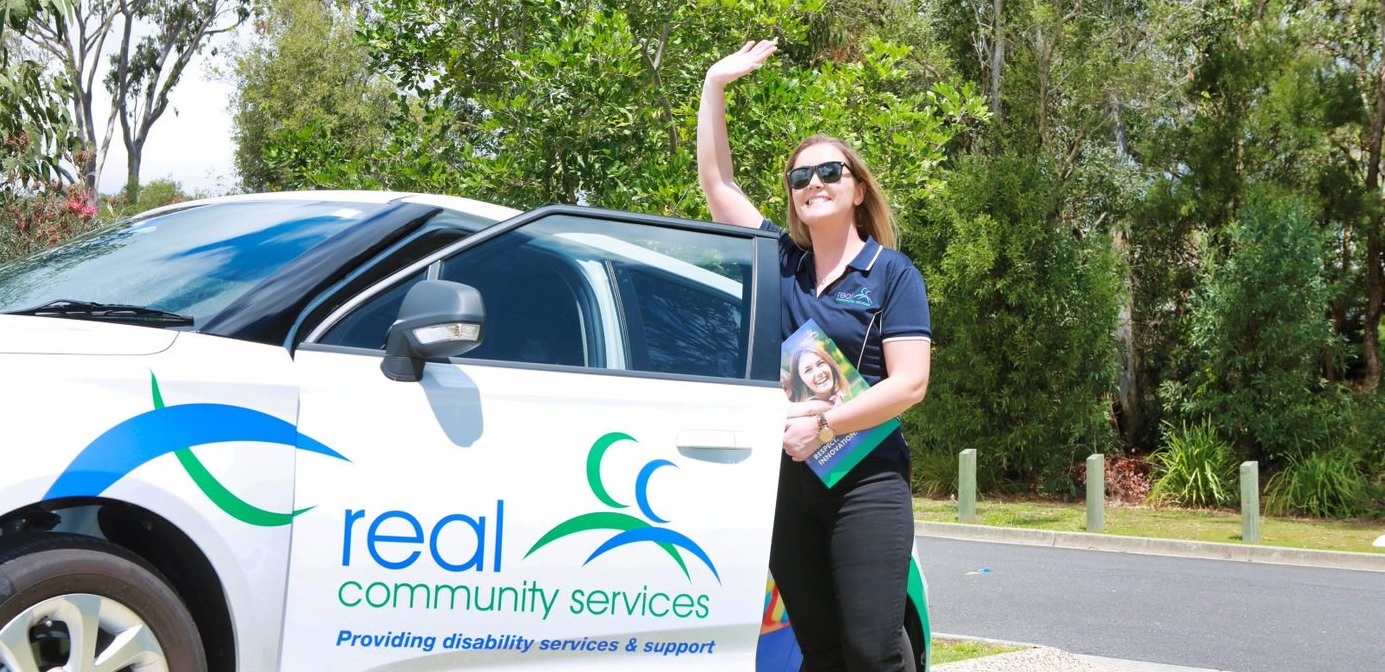Aged Care … How To Start ‘That’ Conversation
Starting the conversation with your parents or loved ones about introducing senior care services can be a really tough and emotional conversation. Many elderly parents and grandparents can be resistant to admitting that they need help and of letting a ‘stranger’ into their home.
From losing their sense of independence, to being fearful of being moved into an aged care facility, our elderly loved ones sometimes need a little encouragement and persuasion to accept extra support and care.
Unfortunately, many conversations between concerned adult children and their elderly parents about hiring extra help can lead to disagreements, frustration, and resistance – from both sides.
If you’re thinking about starting the conversation with your parents, grandparents, or other loved one, follow these 6 simple tips to help guide the conversation and encourage a united decision.
1. Don’t be condescending
Try and be mindful of the language you use throughout the conversation, your tone of voice, and your general body language. Make sure that you are not ‘standing over’ your parents, you voice is slow and calm, and that you aren’t talking ‘down’ to them as if they are a child. It’s also important not to ‘gang up’ on them, and ensure that they feel supported and in control of the conversation.
2. Really listen to what they are saying
By taking the time to understand their concerns and their preferences, you’ll be able to guide the conversation, address worries or anxieties, and make them feel included in the conversation. This is also means giving them time to answer your questions and not interrupting them throughout the conversation.
3. Ask questions
Take some time to not only listen to what they are saying but ask questions and understand their concerns. Ask what things they would like help with, what activities they might want to do more of, and if there are other ways you can support them. Make sure that they feel like their voice and their preferences are important.
4. Let them be part of the decision-making process
It’s important to not take control of their situation and start making decisions without consulting them. Ask them to help you choose a support provider, organise for them to meet a few carers before selecting one and have them set boundaries. By involving them in the decision-making process they’ll be less likely to resist the change and more open to receiving help.
5. Focus on the positives
Throughout the conversation remind them of the positives that extra having extra support will allow. It might mean more time to spend with the grandkids, an easier dinner routine, or less stress travelling to and from the doctors.
6. Start small
Engaging with a support provider doesn’t have to be overwhelming. Suggest starting small like getting help to do the grocery shopping or doing a weekly clean and laundry day. Once you have built rapport and trust with a carer you can introduce more support.
Real Community Services delivers high quality, knowledgeable and compassionate staff to support you, in your life’s journey. Where you can create your own pathway, free to make your own decisions … whether it’s help around the house, making more social outings, or support to get to and from appointments, we love to work with you to help make these things happen!
With a brilliant team of disability support workers across Sunshine Coast, Greater Brisbane, Ipswich and the Gold Coast, we are there to help realise your goals to live a fulfilling life no matter your age.

















